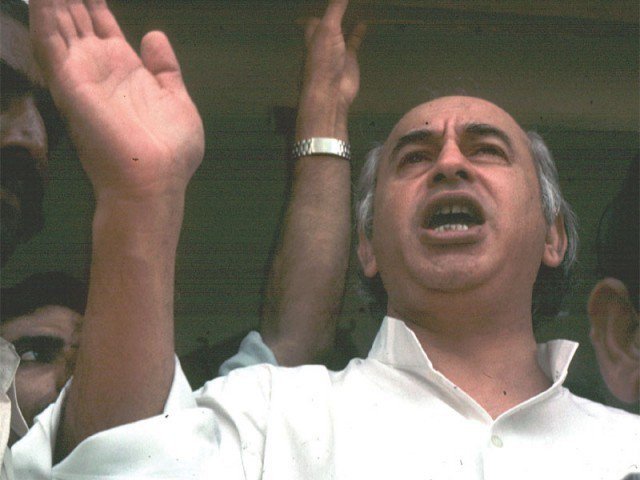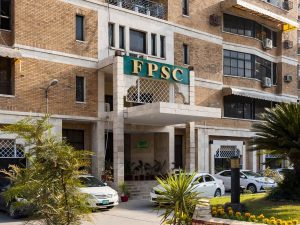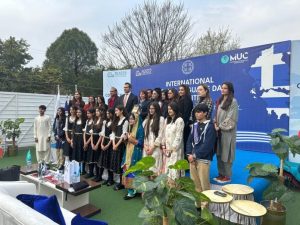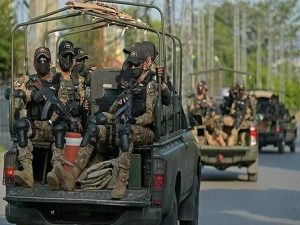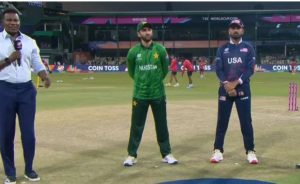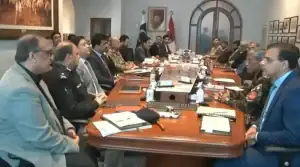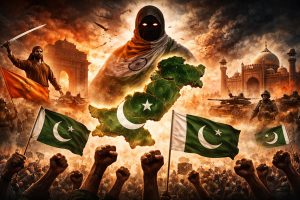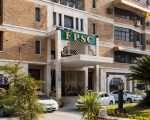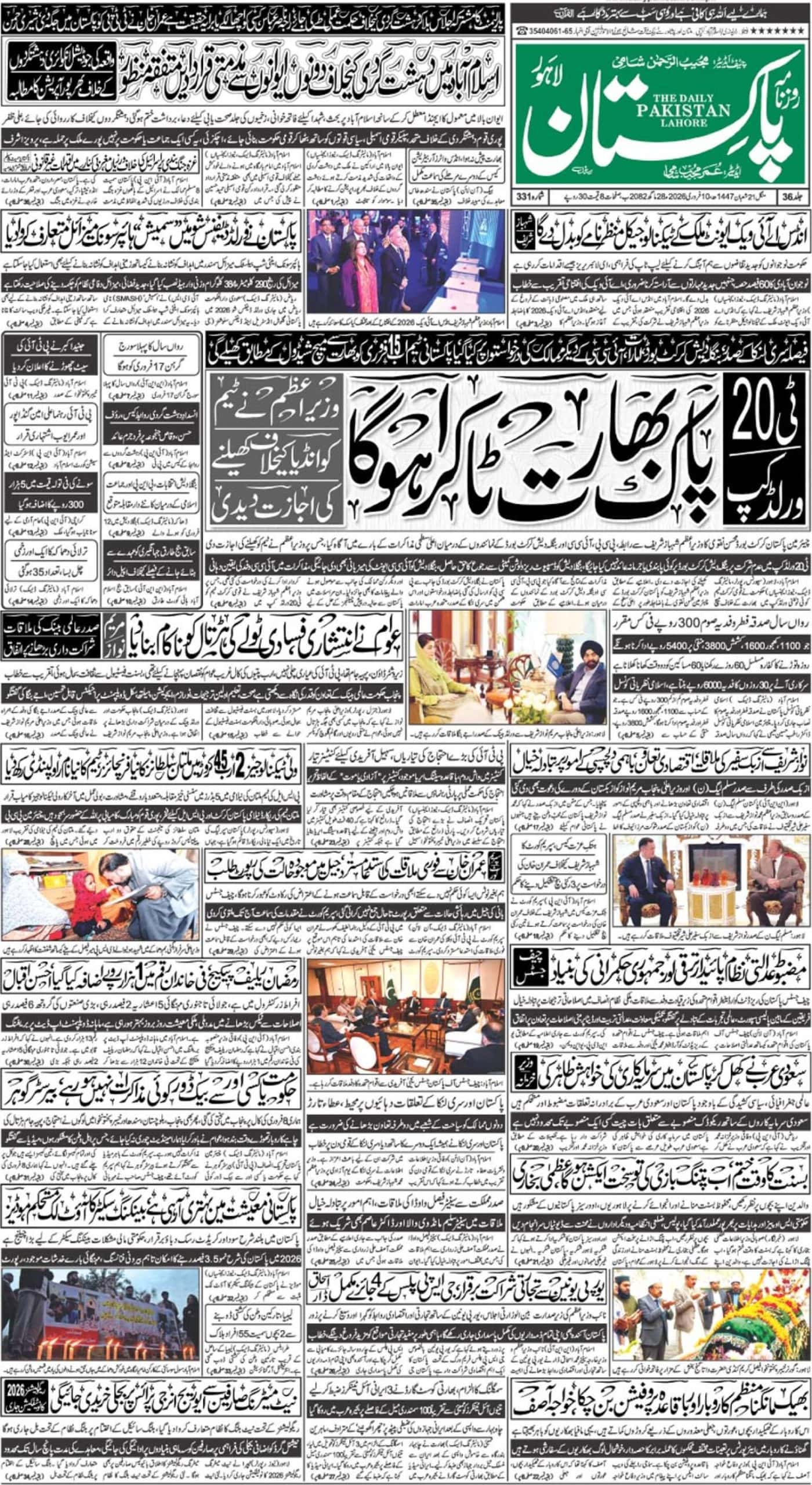KARACHI – The country is observing the 39th death anniversary of the former prime minister and founder of Pakistan Peoples Party (PPP) Zulfikar Ali Bhutto today (Wednesday).
A ceremony to pay homage to one of the most famous leaders of Pakistan’s history is slated to be held at Jinnah Park (Old Jail) Karachi for which party’s bigwigs have assembled in the city.
Special ceremonies would be held at party offices across the country to mark the day with gusto and zeal and mourn the loss.
A public meeting will also be addressed by PPP Chairperson Bilawal Bhutto Zardari, co-chairpersn and Pakistan’s former president Asif Ali Zardari, opposition leaders in the National Assembly Syed Khursheed Ahmed Shah and Nisar Ahmed Khuhro, Sindh Chief Minister Syed Murad Ali Shah, and the PPP’s central leaders in Garhi Khuda Bakhsh.

Speaking to APP, Baber Khan Jadoon, the president of the PPP City Chapter, said Quran Khwani would be held at 10 am and prayer will be said at 1 pm.
The Sindh Labour and Human Resources Department announced on Monday that it was declaring April 4 a public holiday across Sindh.
Zulfiqar Ali Bhutto- A Profile
Zulfikar Ali Bhutto was born on January 5, 1928, in Larkana. His father, Sir Shah Nawaz Bhutto, was the dewan (Prime Minister) of the princely state of Junagadh.
Educated at Berkeley and Oxford, Bhutto trained as a barrister at Lincoln’s Inn. He served as Foreign Minister of Pakistan in Ayub Khan’s government but parted ways with him and founded his own party Pakistan People’s Party in 1967.
His party bagged a major share in 1970 elections in West Pakistan, and after Dhaka fall, Gen Yahya Khan transferred power to Zulfiqar Ali Bhutto and he became prime minister in 1973. Bhutto served in this capacity till his government was overthrown by Gen Zia ul Haq.

The PPP won the 1977 parliamentary elections but scores of political parties alleged PPP of rigging and amid wide-spread protests in July 1977, chief of army staff General Zia-ul-Haq deposed Bhutto in a bloodless coup.
Bhutto was executed on April 4, 1979, for authorising the murder of a political opponent, Ahmad Raza Khan Kasuri, although political observers still claim that it was a judicial murder on the behest of Zia Ul Haq.

